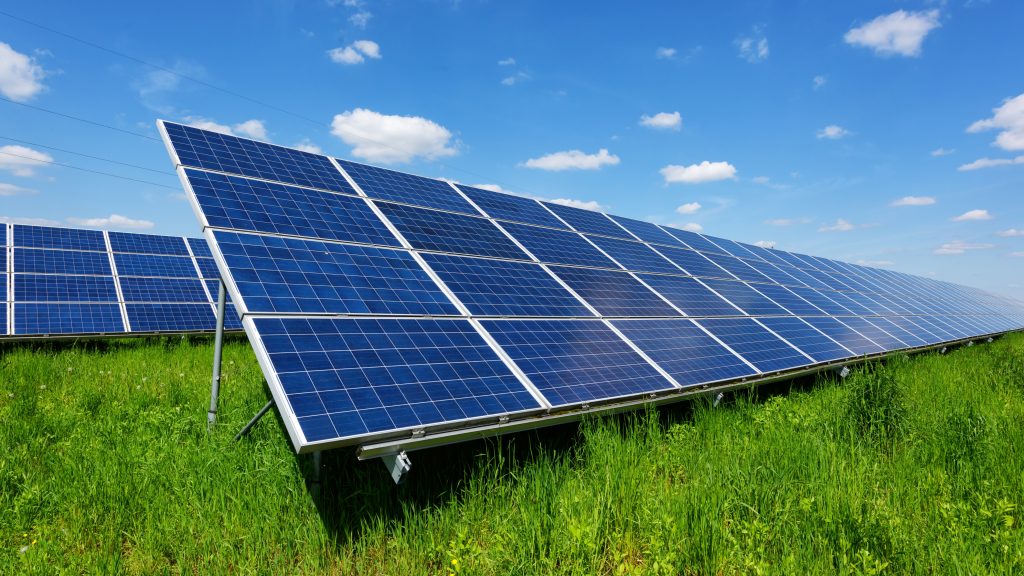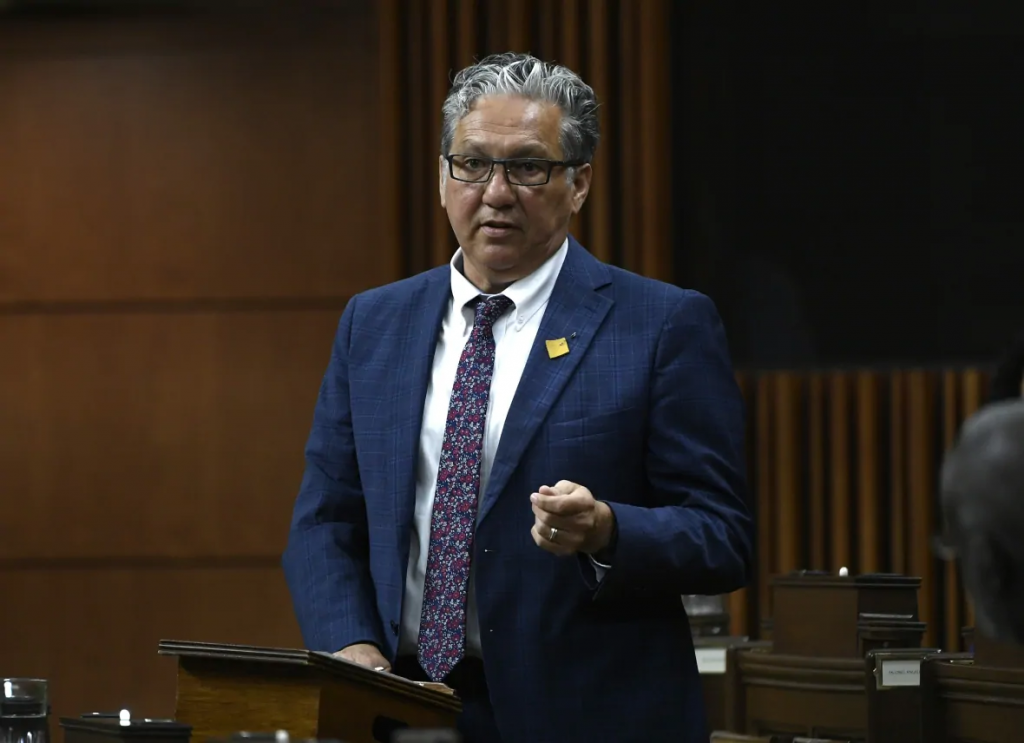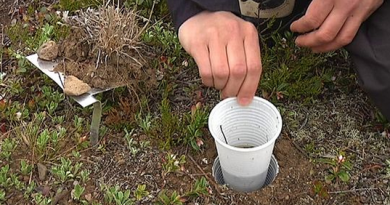Green energy retrofits coming to public buildings in Arctic Canada

To help respond to climate change, the federal and territorial governments are putting nearly $27 million into retrofitting public buildings in the South Baffin region with energy efficient technologies.
Canada will put $18.3 million toward the South Baffin Energy Management Project and the government of Nunavut is spending $8.6 million, according to a news release Thursday.
In the region, 45 buildings will be upgraded with new LED lighting, solar panels and water saving infrastructure. There will be 300 jobs created, says federal Northern Affairs Minister Dan Vandal.
“Over the lifetime of the project, we’ll see a reduction of about 24,000 tonnes of greenhouse gas emissions, which is the equivalent of removing approximately 7,000 cars off the road for an entire year,” he said, using an estimate based on car use in Southern Canada.
The project was approved in August 2019 and is set to finish by March of 2022.
It was too close to the election to announce the project last year, Vandal said, but “the project was so important we started it without an announcement,” he said.
The retrofits are part of Canada’s efforts to reduce emissions to net zero by 2050.

The Nunavut government is administering the upgrades through it’s Department of Community and Government Services.
“The era of Ottawa deciding everything in northern territories is over,” Vandal said.
Solar hot water systems
The retrofits will also see solar hot water systems installed and will help seal off windows and doors in buildings to make them more air tight. Both federal and territorial buildings will be upgraded. The money could be used in schools, Vandal said.
In a statement, Nunavut Premier Joe Savikataaq said the changes will decrease Nunavut’s carbon footprint.
“The government of Nunavut is working hard to combat any negative effects by enhancing the use of reusable-energy resources and implementing new energy-efficient equipment and technologies to reduce our climate change footprint,” Savikataaq said.
Vandal made the announcement on behalf of Environment and Climate Change Canada. The federal money is coming through a Low Carbon Economy Leadership Fund.
“We know climate change is occurring in the North three times faster than it is in the South,” Vandal said. “The work is ongoing. The jobs are being created as we speak.”
Related stories from around the North:
Canada: Canada Energy Regulator announces members of 1st Indigenous advisory committee, CBC News
Finland: Miners hunting for metals to battery cars threaten Finland’s Sámi reindeer herders’ homeland, The Independent Barents Observer
Norway: The Arctic railway – Building a future or destroying a culture?, Eye on the Arctic
Russia: Russian Indigenous groups call on Elon Musk to boycott company behind Arctic environmental disasters, The Independent Barents Observer
Sweden: Sami in Sweden start work on structure of Truth and Reconciliation Commission, Eye on the Arctic
United States: Alaska reckons with missing data on murdered Indigenous women, Alaska Public Media



